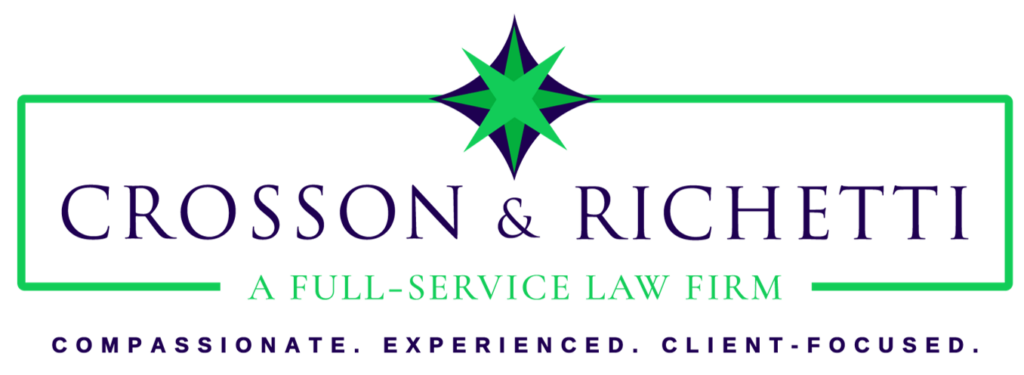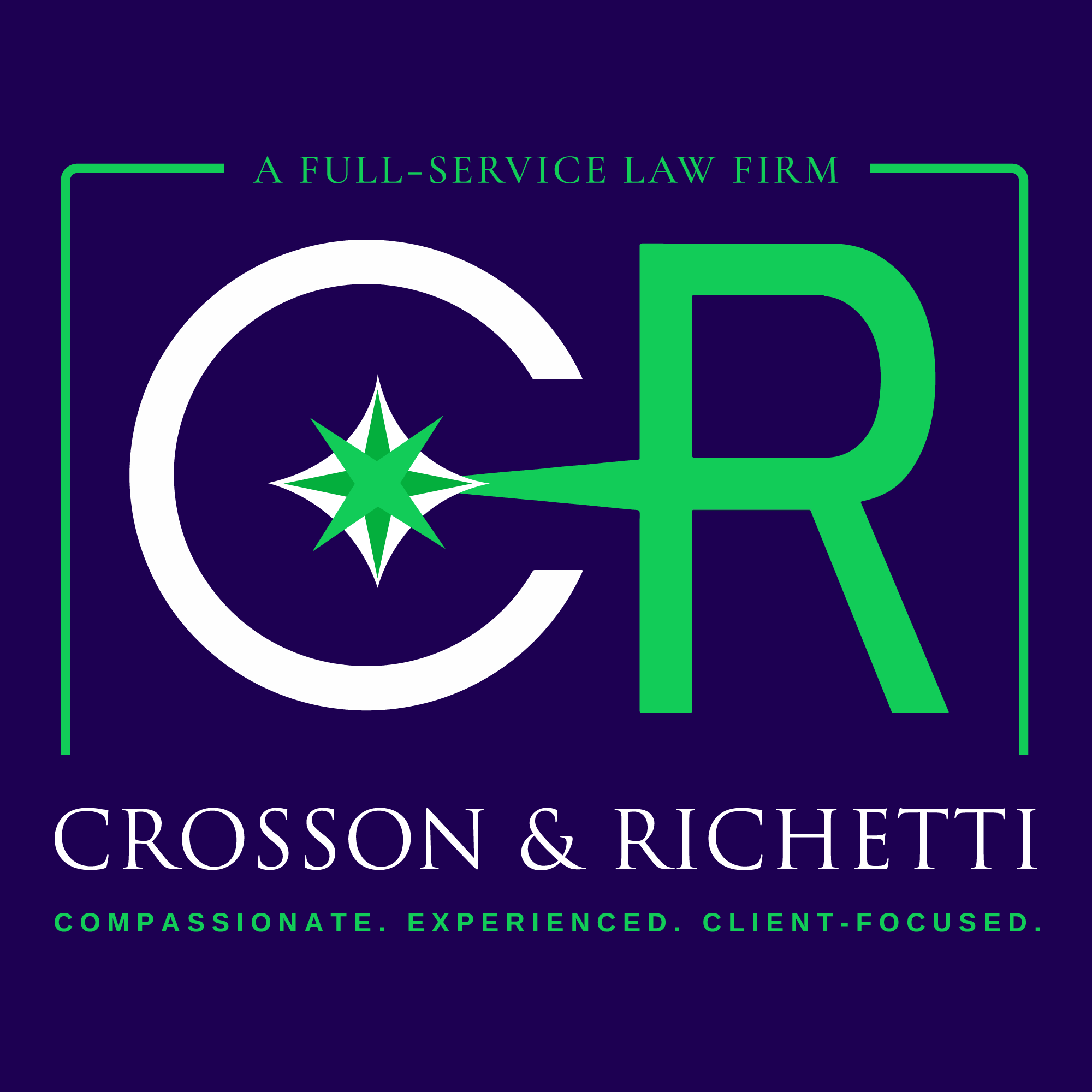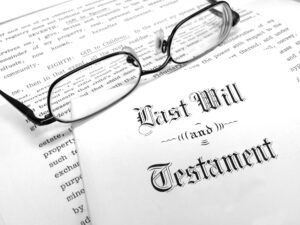Research shows that approximately 60 percent of Americans do not have a will or living trust. Are you part of this group? Are you looking to change that? If so, you need our brief guide to estate planning. Outlined below are some essential things everyone should know, from writing a will to finding the best estate planning lawyer.
What Is Estate Planning?
Estate planning involves making preparations for how your assets will be handled if you pass away or become incapacitated. It includes making decisions about how your assets will be divided among your airs, writing wills, setting up trusts, naming an executor (someone who will handle the estate administration process), and making funeral arrangements.
Why Does Estate Planning Matter?
Now that you have a working estate planning definition, let’s move on to why it’s so important. There are lots of reasons to prioritize estate planning, including the following:
- Create a plan for your care and finances if you become incapacitated
- Provide for your loved ones
- Make arrangements for your business after you’ve passed away or are unable to run it
- Name a guardian to care for your children
- Make arrangements for family members with special needs
- Minimize federal and state taxes, court costs, and other legal fees for your heirs
When you make time for estate planning, everyone benefits. You get to rest easy knowing your finances are in order and there’s a plan for the future. Your loved ones benefit, too, because they get to enjoy their inheritance and receive their share in the easiest way possible.
Do You Need an Estate Planning Lawyer?
It’s best to handle this process with assistance from an experienced estate planning lawyer.
An estate planning lawyer can guide you through the complexities of setting up a will or trust and making arrangements for yourself and your loved ones. They understand your state’s specific laws and will help you avoid mistakes that could hold up the estate administration process.
How to Get Started
You now know more about what estate planning is and why it matters. From here, follow these basic steps to get started:
Find an Estate Planning Lawyer
Look for a lawyer who is local and who specializes in estate law. They should have experience working with clients whose financial situations are similar to yours, too.
Meet with an Accountant and Financial Advisor
Both of these professionals can weigh in on your plans and provide a different perspective. They can also offer guidance and help you navigate financial matters with ease.
Take Inventory of Your Estate
Start thinking of who you want to appoint as your executor and trustee (the person who will handle trust assets). Consider who will be the legal guardian for you (if you become incapacitated) or your children as well.
Write a List of Questions
Write down a list of questions you have for your lawyer, too. That way, when you go in for your first consultation, you’ll know what to address and will be able to have a more focused meeting.
Meet with an Estate Planning Attorney Today
Are you ready to begin estate planning? Do you need some guidance on writing a will or setting up a trust?
No matter what part of the estate planning process you need help with, our team at Crosson Richetti & Daigle is here for you. Contact us today to schedule a consultation.












